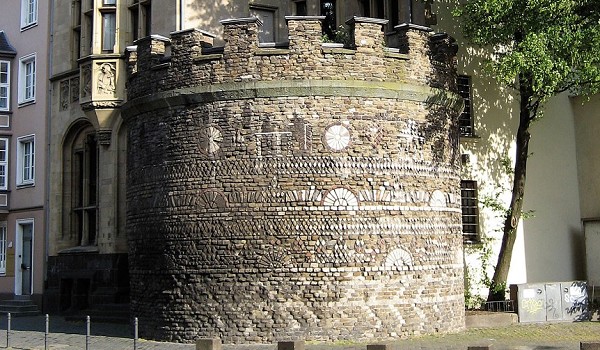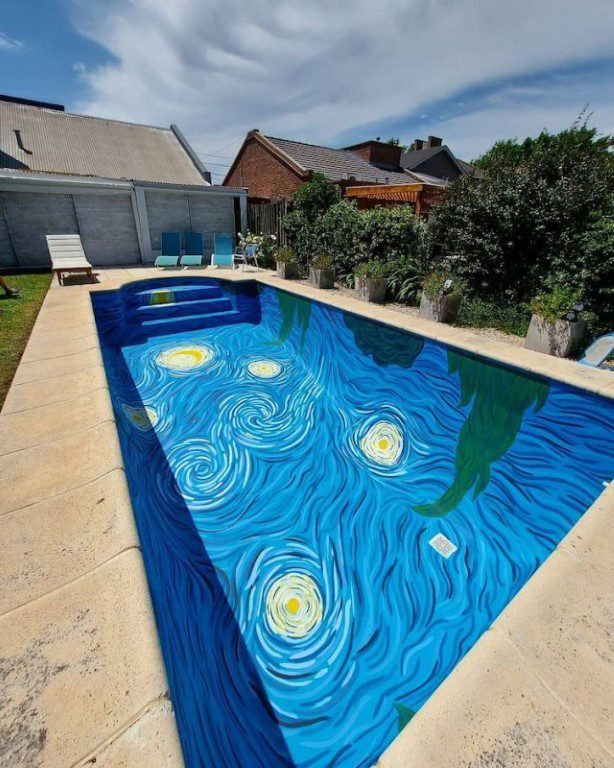In a fascinating archaeological discovery, the construction of a new fountain in Cologne’s Neumark, a historically significant area in the German city, led to the unearthing of an ancient Roman bath complex. The site, boasting sophisticated features and intricate heating systems, sheds light on the opulent lifestyle of its past inhabitants.
Uncovering Roman Luxury
Newsweek reports that during the course of constructing a new fountain, a Roman bath complex was unexpectedly revealed in Cologne’s Neumark. This culturally rich district in the city has proven to be a treasure trove of historical artifacts. Gregor Wagner, the lead archaeologist from the Roman-Germanic Museum in Cologne, spearheaded the excavations that unveiled this remarkable discovery.
The bath complex, a part of a sprawling private residential building, offers a glimpse into the luxurious living conditions enjoyed by its ancient occupants. The Roman-era inhabitants had access to a host of amenities, including walls adorned with painted plaster and advanced heating systems for their bathing experiences. These heating systems, which facilitated hot, tepid, and cold baths, were achieved through an intricate network of heated floors. A specially designated boiler room was identified, likely responsible for warming the air that circulated beneath the bath floors, thereby controlling the water temperature. The ingenuity of the design also entailed elevated floors supported by pillars, ingeniously accommodating the heating infrastructure.
Cologne’s Rich Roman Heritage
This recent discovery marks the fourth ancient Roman bath complex found in Cologne, a city that traces its history back to the Roman era. Established as a Roman colony called Colonia Claudia Ara Agrippinensium in 50 CE, Cologne has retained an extensive collection of Roman-era ruins. The newly unearthed bath complex is yet another addition to the wealth of archaeological wonders found throughout the city.

European Roman Baths: A Consistent Revelation
Ancient Roman baths have frequently emerged as poignant archaeological revelations across Western Europe. The Roman Empire’s expansive influence during its peak, spanning from present-day England to the coastal areas of Northern Africa and extending into regions like Portugal, the Middle East, and Egypt, has left behind a legacy of opulent structures that continue to amaze.
Recent examples of Roman bath discoveries include a well-preserved bath in Mérida, Spain, discovered just last month, and an ancient bathhouse found in Southern France near the Rhône river. These discoveries underscore the enduring fascination with ancient Roman culture and the unending quest to uncover its architectural marvels.
Unveiling the Past, Shaping the Present
The unearthing of the Roman bath complex in Cologne’s Neumark not only provides insight into the lavish lifestyles of the past but also contributes to our understanding of the city’s rich historical tapestry. As excavations and discoveries like these persist, they continue to bridge the gap between contemporary society and the distant echoes of ancient civilisations, inviting us to marvel at the ingenuity and opulence that defined bygone eras.
Feature Image: Roman Tower, Colonia Agrippina, Cologne, North Rhine-Westphalia, Germany. Roman civilization, 2nd–3rd century CE. Courtesy: https://www.roemisch-germanisches-museum.de/
Ancient Roman and Etruscan Statues Discovered by a Retired Garbage Guy and on Display in Rome.

Contributor






